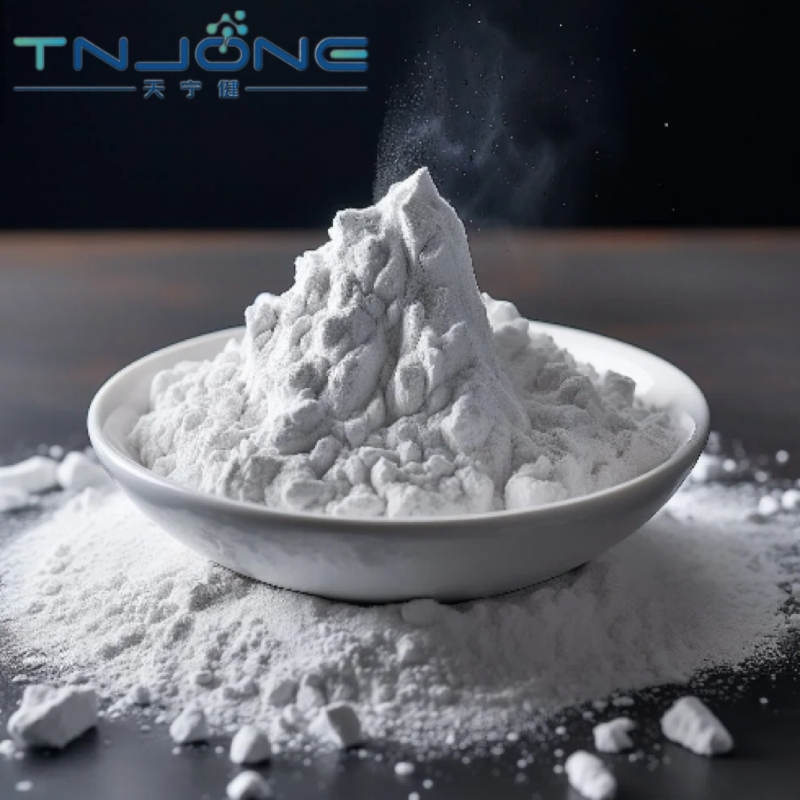-
Categories
-
Pharmaceutical Intermediates
-
Active Pharmaceutical Ingredients
-
Food Additives
- Industrial Coatings
- Agrochemicals
- Dyes and Pigments
- Surfactant
- Flavors and Fragrances
- Chemical Reagents
- Catalyst and Auxiliary
- Natural Products
- Inorganic Chemistry
-
Organic Chemistry
-
Biochemical Engineering
- Analytical Chemistry
-
Cosmetic Ingredient
- Water Treatment Chemical
-
Pharmaceutical Intermediates
Promotion
ECHEMI Mall
Wholesale
Weekly Price
Exhibition
News
-
Trade Service
Gas oils, also known as petroleum, are a complex mixture of hydrocarbons that are commonly used as fuel in industrial and residential applications.
The hydrocarbons in gas oils can be derived from a variety of sources, including crude oil, natural gas, and coal.
However, the gas oils used in the chemical industry are typically derived from crude oil through a process called fractionation.
Fractionation is a process that involves heating crude oil to separate it into different components based on their boiling points.
The resulting components are then separated and purified through various distillation and processing steps.
The gas oils that are used in the chemical industry are typically the middle distillates, which have a boiling range of around 150-300 degrees Celsius.
One of the key challenges in producing gas oils is removing sulfur impurities.
Sulfur can cause a number of problems in the chemical industry, including the formation of sulfur dioxide, a toxic gas that can cause respiratory problems, and the formation of sulfuric acid, which can corrode equipment and cause other problems.
To remove sulfur impurities, a process called hydrodesulfurization (HDS) is commonly used.
Hydrodesulfurization is a complex process that involves breaking down the sulfur-containing compounds in gas oils and converting them into harmless elements.
The process typically involves several stages, including hydrotreating, isomerization, and distillation.
In the first stage of hydrodesulfurization, the gas oil is passed through a hydrotreater, which uses hydrogen gas under high pressure and temperature to remove sulfur impurities.
The second stage, isomerization, involves converting the remaining sulfur-containing compounds into harmless elements.
Finally, the gas oil is distilled to remove any remaining impurities.
Hydrodesulfurization is an important process in the production of gas oils for the chemical industry.
By removing sulfur impurities, the resulting gas oil is less likely to cause problems in downstream processing and is of a higher quality.
In addition to HDS, other techniques are also used to remove impurities from gas oils.
For example, molecular sieve adsorption is a process that uses zeolites, a type of molecular sieve, to remove impurities such as nitrogen and oxygen from gas oils.
This process is typically used in the production of lubricating oils, where a high degree of purity is required.
Another technique that is used to purify gas oils is catalytic cracking.
This process involves passing the gas oil over a catalyst, typically a metal oxide or a noble metal such as platinum, at high temperatures and pressures.
The catalyst helps to break down the large molecules in the gas oil into smaller, more useful hydrocarbons.
This process is often used to produce gasoline and jet fuel.
Overall, the production of gas oils for the chemical industry involves a number of steps and processes, including fractionation, hydrodesulfurization, and other techniques to remove impurities.
By producing high-quality gas oils with a low level of impurities, the chemical industry can ensure that its products are safe, efficient, and effective.







